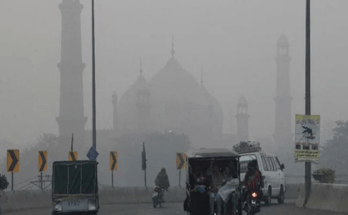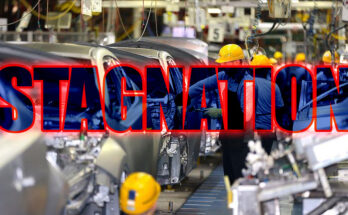It has been 10 years since the Euro-2 emission standards were officially enforced in Pakistan. Like various other fields, Pakistan lags far behind in terms of fuel & emissions as obsolete Euro-2 petrol is still being consumed in the country when others have gone way ahead. The vehicles including 2- and 4-wheelers are also compliant with Euro-2 emission standards when the world is about to leap to Euro-7.
Related: Will Switching to Euro-5 Solve Pakistan’s Environmental Problems?
Although in June 2020, the government approved the decision to shift petrol and diesel from Euro-2 to higher quality Euro-5 standards. The petrol was upgraded in August 2020 whereas diesel standards were uplifted in January 2021. Most of the oil refineries, however, are still in the process of upgrading the plant to produce higher-quality fuel. Many companies are still producing Euro-2 petrol, considering that the Punjab government decided to impose an embargo on the supply of Euro-2 fuel in Lahore during the smog season of 2021. The government directed the Lahore division commissioner to ensure the supply of only high-quality fuel in the city while instructing concerned officials to ask Euro-2 fuel producers to upgrade themselves. The low-quality fuel is considered to be a key reason behind the alarmingly high levels of environmental pollution in Lahore, and other major cities in Pakistan.
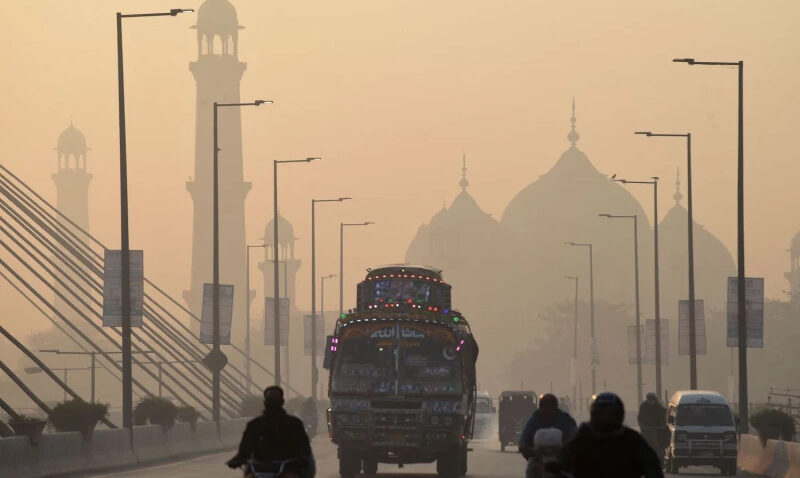
However, while oil refineries are in the process of upgrading, the machines that are supposed to use the fuel are still obsolete. The local auto industry had sought for 2 years to switch over to Euro-5 fuel or discontinue existing models under production in Pakistan that don’t meet the new criteria. According to one of the top Japanese car assembling companies, Pakistan’s regulatory emission requirements under SRO 72(KE) of May 16, 2009, is equivalent to Euro-2 which provided two years for the automotive industry to change over from Euro Zero to Euro-2.
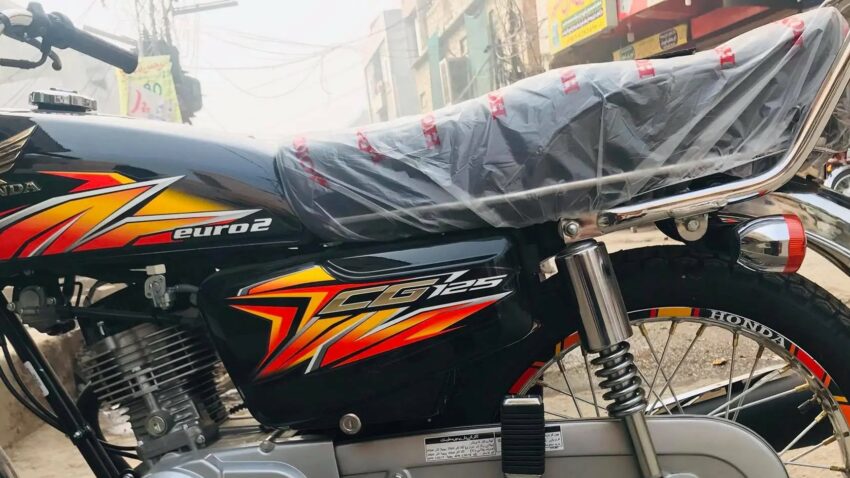
Interestingly however, it has been almost 2 years (1 year 7 months to be exact) since the Euro 5 standard was enforced, still, there is no roadmap regarding the discontinuation of obsolete Euro-2 compliant passenger cars, motorcycles as well as commercial vehicles that are proudly being sold as ‘new’ in the market.
Related: Blame Where the Blame Is Due
But just enforcing a new standard isn’t always enough since in any developed market around the world, you need to take off the old & obsolete from the roads. Unfortunately, there is no mechanism to get rid of the obsolete from our roads as even 40-year-old vehicles can be seen running on the roads, especially in the public transport sector.
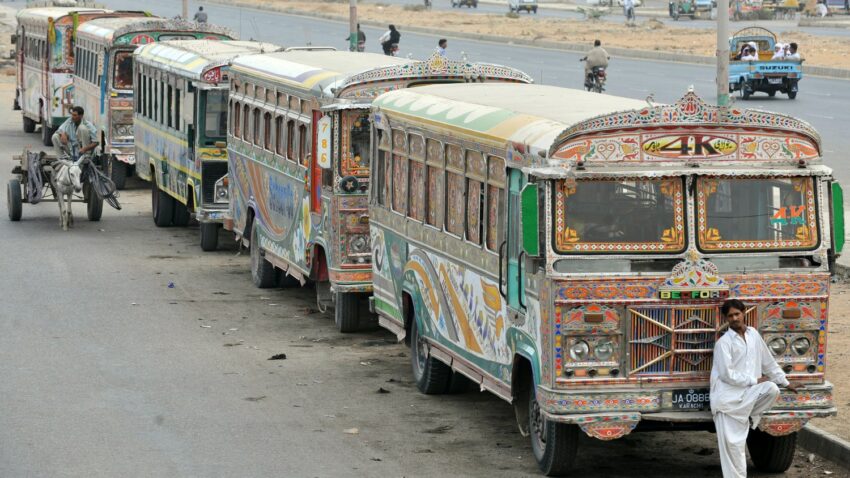
Technically we are 22 years behind the world as far as Euro-2 vehicles being produced in our country are concerned. Not to mention these standards became globally obsolete in the year 2000. To understand better how harmful Euro-2 fuel or compatible engines are for the environment, taking into account modern standards, in Euro-1 standards the quantity of sulfur is 1000 parts per million (PPM), while this quantity is 500 PPM in Euro-2, 300 PPM in Euro-3, 50 PPM in Euro-4 and just 10-PPM in Euro 5 and 6.
Related: Euro 7 and Our Affection with Euro 2
In today’s era, the Euro-2 is considered hazardous and deadly for the proper functioning of sophisticated engines which limits the engine’s performance & functioning life. Furthermore, even the Euro-2 sold in our country is mostly adulterated as laboratory tests already revealed that refineries in Pakistan were using lethal chemicals to increase octane levels in low-quality petrol. And who can forget Honda’s complaint in 2017 regarding substandard fuel which was damaging its engines due to which the company had to discontinue its flagship Civic turbo.
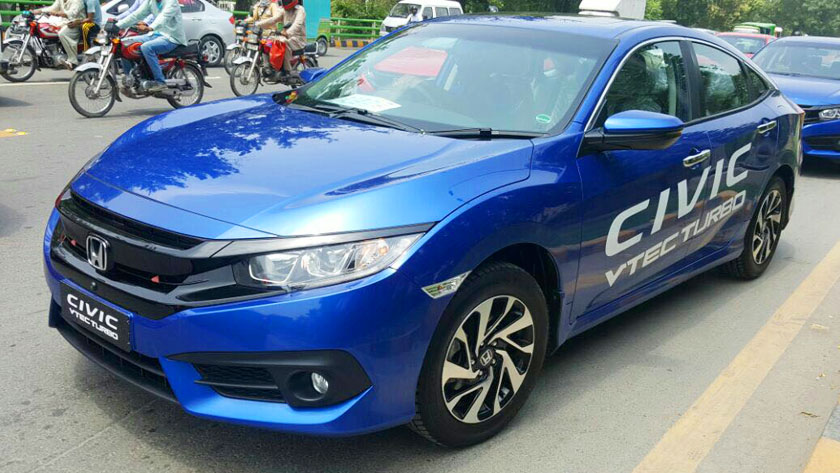
Related: 8 Years of Euro-2 in Pakistan (2012-2020)
The 2020 Global Climate Risk Index classified Pakistan as the 5th most vulnerable country to climate change, and its transport sector is believed to be the source of more than one-third of total air-polluting emissions in the country. The government says it’s aiming for a “major shift” in the transport sector by increasing the share of EVs to 30% in total vehicles by 2030, however till that happens conventional gasoline engine vehicles are in dire need of upgrade to comply with at least Euro-5 standards.

A computer animation professional with over 23 years of industry experience having served in leading organizations, TV channels & production facilities in Pakistan. An avid car enthusiast and petrolhead with an affection to deliver quality content to help shape opinions. Formerly written for PakWheels as well as major publications including Dawn. Founder of CarSpiritPK.com

